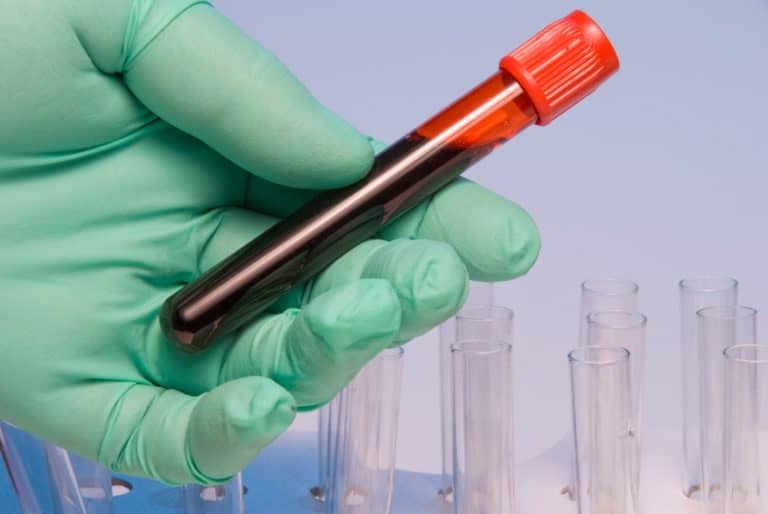Turn up the heat and boost your heart health: that’s the message from a new study on capsaicin, a component of chili peppers, also known as cayenne peppers. Experts at the 243rd National Meeting and Exposition of the American Chemical Society explained that capsaicin benefits the heart in several ways.
Previous studies have noted other health benefits associated with capsaicin, such as its ability to kill cancer cells, including prostate cancer cells. Research has also revealed the potential for capsaicin to reduce blood pressure, lower blood cholesterol, and cut down on the tendency for blood clots to form.
Results of this latest study, which were presented by Zhen-Yu Chen, PhD, a professor of food and nutritional science at the Chinese University of Hong Kong, have added to the growing volume of literature on the heart benefits of capsaicin.
The research team found that capsaicin and its relatives has a variety of effects on heart health, including an ability to interfere with the action of a gene that is responsible for making arteries contract, which restricts blood flow to the heart and other organs. By blocking this action, more blood is able to flow through the blood vessels.
“We now have a clearer and more detailed portrait of their [chili peppers] innermost effects on genes and other mechanisms that influence cholesterol and the health of blood vessels,” explained Chen. He and his colleagues concluded that capsaicin and its relatives are “beneficial in improving a range of factors related to heart and blood vessel health.”
Source
American Chemical Society (ACS). Hot pepper compound could help hearts. ScienceDaily, 27 March 2012.







